Deck & Commander Strategies

Ghalta, Primal Hunger
A mono-green ramp deck aiming to accelerate mana production to cast huge creatures like Ghalta ahead of curve, overwhelming opponents with raw power.

Ishkanah, Grafwidow
A black-green delirium control deck that uses disruption and board presence, including Ishkanah's spider tokens, to stabilize and outvalue opponents over time.
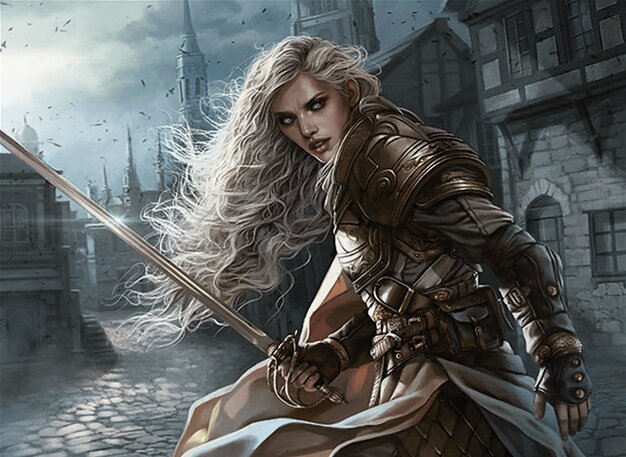
Thalia, Heretic Cathar
A Bant Humans deck leveraging Collected Company to deploy efficient creatures and maintain board presence, focusing on tempo and synergies among human tribal cards.
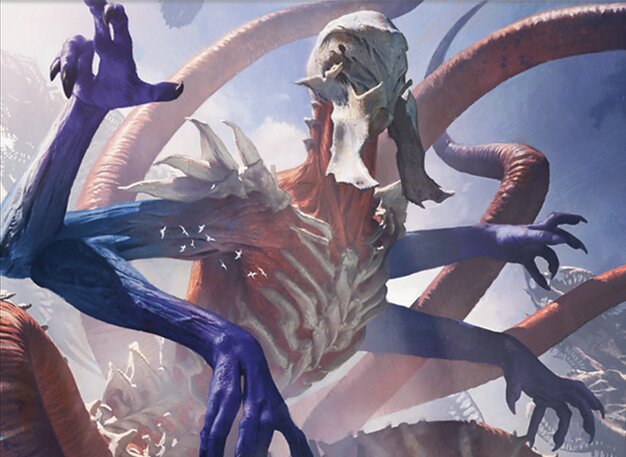
Ulamog, the Ceaseless Hunger
A red-green Eldrazi ramp deck focused on accelerating into large Eldrazi threats that exile permanents and quickly pressure opponents to secure a win.
Gameplay Insights
- 1
Brad's use of Ishkanah's ability to produce spider tokens was crucial in stabilizing the board against aggressive creatures.
- 2
Jim's Eldrazi ramp deck capitalized on early mana acceleration to cast large threats like Ulamog, applying strong pressure.
- 3
Brian's reliance on Collected Company was a double-edged sword, sometimes leading to bricks but also enabling explosive board presence.
- 4
Corey prioritized ramp spells to cheat out Ghalta early, aiming for a swift and overwhelming alpha strike.
- 5
The game showcased the dynamic between raw power and synergy-based strategies, highlighting different archetypes shaped by players' historic competitive decks.
Notable Cards
-
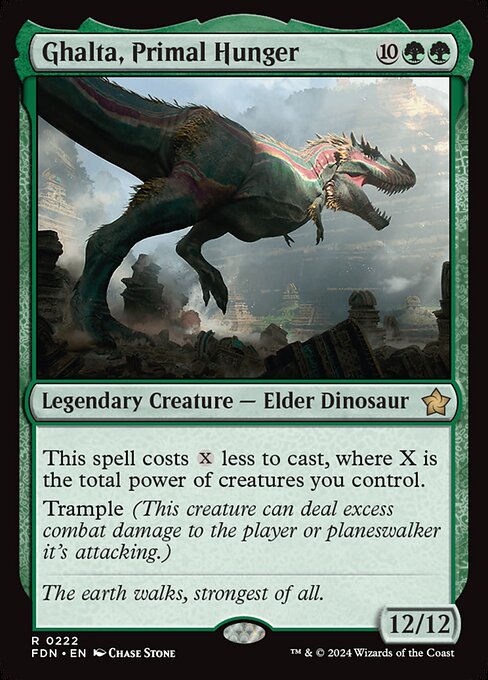
Ghalta, Primal Hunger
-
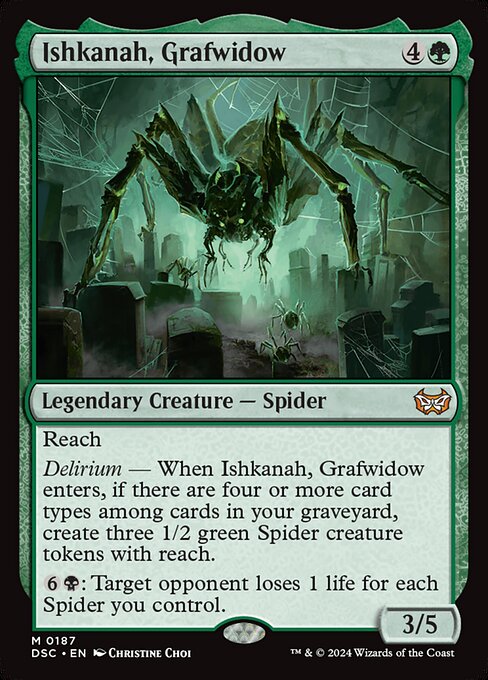
Ishkanah, Grafwidow
-

Thalia, Heretic Cathar
-

Ulamog, the Ceaseless Hunger
-
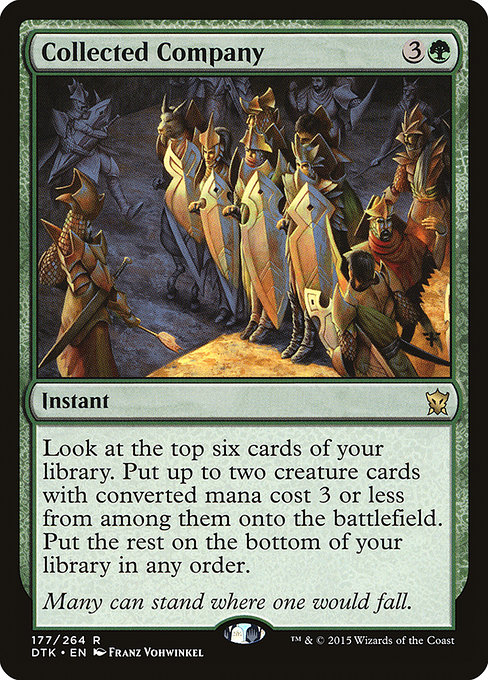
Collected Company
-

Sun Titan
-
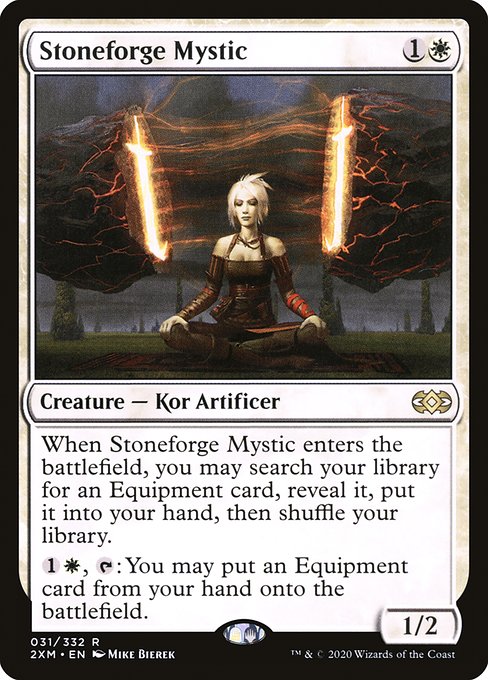
Stoneforge Mystic
Gameplay Summary
The game began with four competitive Commander decks piloted by experienced Magic players, each using a deck tied to a significant tournament win in their past.
Jim Davis led off with Ulamog, the Ceaseless Hunger, focusing on a red-green Eldrazi ramp strategy aimed at deploying large threats quickly.
Brad Nelson played Ishkanah, Grafwidow, utilizing a black-green delirium deck designed to control the board and outvalue opponents through incremental advantages.
Brian Braun-Duin's deck featured Thalia, Heretic Cathar as the commander, built around a Bant Human Collected Company archetype, aiming to maintain a strong board presence and synergy with efficient creatures and spells.
Corey Baumeister ran Ghalta, Primal Hunger in a mono-green ramp strategy designed to cheat out massive creatures quickly to overwhelm the table. Early turns saw ramp and board development, with players leveraging their commanders' strengths.
Key turning points included Brad's use of Ishkanah's ability to stabilize the board against aggressive threats, and Jim's deployment of Eldrazi titans applying pressure.
Brian aimed to capitalize on Collected Company to generate board presence and tempo, but faced challenges from the ramp decks.
Corey focused on ramping into Ghalta, aiming for a decisive alpha strike.
The gameplay revolved around managing threats, removal, and timing powerful plays to gain advantage.
The win condition for each deck centered on either overwhelming opponents with large creatures or controlling the board long enough to secure victory through incremental advantage and synergy.














![Commander VS S5E4: Xiahou Dun vs Tajic vs Thalia vs Daghatar vs The Horde [Multiplayer MtG] thumbnail](https://i.ytimg.com/vi/z18FphWLLuQ/sddefault.jpg)


![Commander VS S16E4: Endrek Sahr VS Zegana VS Ishkanah VS Marton [EDH] thumbnail](https://i.ytimg.com/vi/Ju3QFWvBHfk/sddefault.jpg)
![Commander VS S4E3: Emrakul vs Gisa and Geralf vs Ishkanah vs Ulrich [MtG: Multiplayer] thumbnail](https://i.ytimg.com/vi/ThoExHZN_qw/sddefault.jpg)
















